

Engineered Wood (Luxury Vinyl) as one of the best flooring options for your kitchen.
Advantages and disadvantages of Engineered Wood (Luxury Vinyl) based flooring. Should you use Engineered Wood (Luxury Vinyl) as your kitchen flooring?
---
Today, despite the huge selection of building materials all over the United States, it is not easy to find the only one that will not only faithfully serve for many years as an ideal floor covering for the kitchen, but also look beautiful and stylish. Consider the advantages and disadvantages of Engineered Wood (Luxury Vinyl) as a kitchen flooring.
---
Engineered Wood (Luxury Vinyl) as one of the best flooring options for your kitchen.
What building material as a floor covering will not only look beautiful and stylish in your kitchen, but also serve you faithfully for many years? Consider the advantages and disadvantages of Engineered Wood (Luxury Vinyl) as a kitchen flooring.
A high-quality wooden coating should be found by your general contractor https://grandeurhillsgroup.com/.
Advantages
Engineered wood, also known as luxury vinyl, is an increasingly popular option for residential kitchens. It’s an affordably great alternative to solid wood. Engineered wood is similar to laminate, but it’s a much higher-grade option. It’s made up of wood derivatives and other products to form a strong composite material, usually with a real wood veneer top layer. Quality luxury vinyl looks (almost) like real hardwood flooring and will have grooved surfaces to mimic the feel. Additionally, it comes in tile form to appear like ceramic or porcelain tile. Countless amounts of colors and design mean that this flooring option will match most kitchen styles. The best brands on the market will be essentially waterproof; a great option for moisture and spill-prone kitchens. Most of the time they come with a cork layer that reduces sound and retains heat.
Disadvantages
Engineered wood is not real wood. Luxury Vinyl does not last as long and will begin to buckle or curl over the years. Depending on factors such as moisture and foot traffic, typical replacement is required every 10-15 years. If your floor is not level, engineered wood can bounce, create separating issues, or promote conditions for water to be trapped in between the boards during heavy rain (mold issues). Luxury Vinyl also varies widely in quality and price. Some are essentially laminate, while others can cost as much as real hardwood.